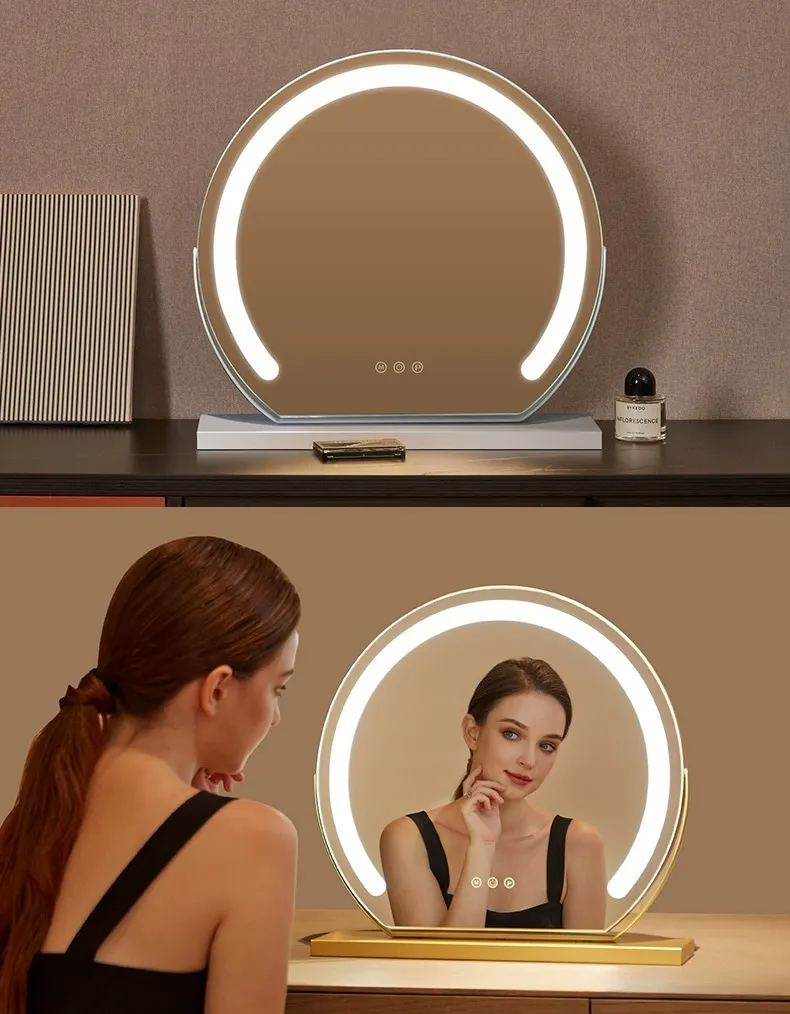

The Benefits and Applications of Ultra Clear Float Glass
Ultra clear float glass is a remarkable material that has gained popularity in various industries due to its unique properties. Known for its exceptional clarity and minimal distortion, this type of glass has become a preferred choice for applications demanding higher transparency and aesthetic appeal. In this article, we will explore the characteristics, benefits, and uses of ultra clear float glass.
Characteristics of Ultra Clear Float Glass
Ultra clear float glass is produced through a specialized manufacturing process that results in a glass product with low iron content. This process enhances the glass’s optical clarity by minimizing the greenish tint typically associated with standard glass. The result is a transparent material that allows up to 91% of natural light to pass through, making it an ideal choice for environments where light quality is a priority.
One of the defining characteristics of ultra clear float glass is its flatness. The float glass manufacturing process involves floating molten glass on a bed of molten tin, which creates an even surface without internal stresses. This attribute not only contributes to its superior optical quality but also makes it suitable for applications that require high precision, such as in eyewear or optical devices.
Benefits of Ultra Clear Float Glass
1. Superior Clarity The low iron content significantly reduces color distortion, offering a crystal-clear view. This quality is particularly advantageous in applications such as displays, aquariums, and high-end furniture where aesthetics are critical.
2. High Light Transmission Ultra clear float glass maximizes the amount of light that enters a space. This feature is especially beneficial in architectural design, as it enhances natural lighting and creates a more inviting atmosphere.
3. Minimal Reflection Compared to conventional glass, ultra clear float glass has lower reflection levels, which makes it suitable for applications like display cases and windows, where reduced glare is essential.

4. Versatility This type of glass can be easily processed and fabricated, allowing for a wide range of applications including bending, cutting, and coating. This versatility makes it a popular choice in both residential and commercial construction.
5. Eco-Friendly Options Many manufacturers are focusing on sustainable practices, producing ultra clear float glass from recycled materials. This aligns with growing environmental concerns and offers a greener choice for construction and design applications.
Applications of Ultra Clear Float Glass
The applications of ultra clear float glass are vast and varied. In residential settings, it is frequently used in windows, skylights, and doors, where its clarity and light transmission can enhance the aesthetic appeal and energy efficiency of the home.
In commercial spaces, ultra clear float glass is commonly found in storefronts and display cases, allowing businesses to showcase products while minimizing visual distractions. Its ability to provide an unobstructed view makes it an excellent choice for creating memorable shopping experiences.
The art and design industries also leverage ultra clear float glass for framing artwork and installations. The visual clarity enhances the presentation of the piece while ensuring that viewers can appreciate the artist’s work in its truest form.
Moreover, ultra clear float glass plays a crucial role in the automotive industry. As manufacturers seek to create vehicles with panoramic sunroofs and large windows, this glass type offers the necessary brightness and transparency along with durability.
Conclusion
In summary, ultra clear float glass is more than just a material; it is a game-changer in various fields due to its superior optical properties and versatility. Whether in architectural design, retail spaces, or artistic displays, its ability to allow light while minimizing distortion and reflection makes it a highly sought-after choice. As technology advances and environmental considerations become increasingly important, the demand for ultra clear float glass is expected to rise, offering bright possibilities for the future of design and functionality in glass products.